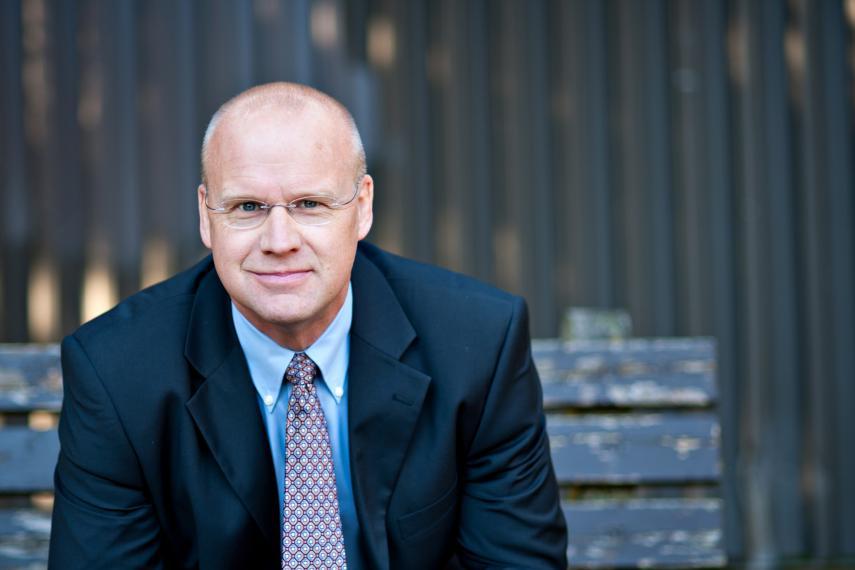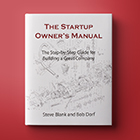Behind the Office Door Series: David Hobson

In this blog series, we introduce you to our Research Innovation team members and the work they do to help University of Guelph researchers to maximize the real-world impact of their work.
Introducing David Hobson, Manager, Technology Transfer & Entrepreneurship He’s a scientist, an engineer, a veterinarian, an entrepreneur, a creative problem solver and most of all someone who helps others.
Q: Your job at RIO brings you face-to-face with researchers who want to protect their Intellectual Property (IP) and commercialize. What one common piece of advice do you find they all need to hear?
First, look outside your comfort zone for new and surprising results that can solve problems outside your normal field of view. Too often we get tunnel vision as we become task masters and we forget to explore unfamiliar territory. The less traveled path is often where serendipitous discoveries in basic science that will change the world are made. Secondly, take steps to protect your academic results before you publish - or at least get an unbiased third-party’s opinion about how your work may have commercial benefit. Protecting your IP is important because investment in product development often depends on a new technology being protectable. It is the process of adapting a new technology to the needs of end users that is the most common barrier for Canadian innovation – so follow through with as much momentum as you can spare. Every little bit helps!
Q: Your background as a veterinarian and engineer are highly technical yet you recently finished your certificate in Design Thinking. Why was it important for you to explore this more creative way of thinking?
I enjoy very practical applied problem solving which is why I learned how to fix animals and machines; however, the harder problems in life need a much more valuable and rare skill – creativity. Design Thinking is a creative and unstructured way to solve problems that keeps the end user at the centre of everything. For scientists and engineers, design thinking forces you to open-up, relax and trust yourself more as you expand beyond the rigid rules of logic and scientific method. I really enjoy being creative, but most of my life I have been rewarded for being logical, analytical and calculating. Both approaches are good, and I am just now gaining confidence in my ability to use my own creativity as a new tool that I can use in my own projects and when I work with researchers.
Q: What has changed in the 10-years that you’ve worked at the University helping researchers to protect and commercialize their IP?
Other than the huge expansion in scientific information globally, not much has changed. My clients have the same problems they’ve always had: Academics are still busy with administrative and tangential tasks that distract them from exercising their core strengths in research; and, society still falsely believes there’s a gold mine of untouched intellectual property sitting on the shelves of universities. The truth is, the path to commercializing new research is long and highly dependent on the long term, continuous investments needed to make primary research market ready. Fortunately, our office is always finding new ways to help research evolve into valuable products and services.
Q: Can you tell us more about the various ways that you’re involved in both the University and city of Guelph community?
I am a jack-of-all-trades. I coach kids, make the rink in Exhibition Park, help with Cub Scouts, support the Syrian refugee community, meet with graduate and undergraduate students to talk about career development and I have helped with many committees on campus. Most of all I like to get into nature and go canoeing in the back country with my kids.

Q: Your office features a pretty good collection of business and start-up books. Which one do you recommend to scientific entrepreneurs most often?
A: My first recommendation for scientists is the Startup Owners Manual by Steve Blank. In short, he uses the scientific method to evaluate the market conditions (hypotheses) that are needed for you to create a sustainable company. In his words, a start-up is just an experiment looking for a sustainable business model to survive.